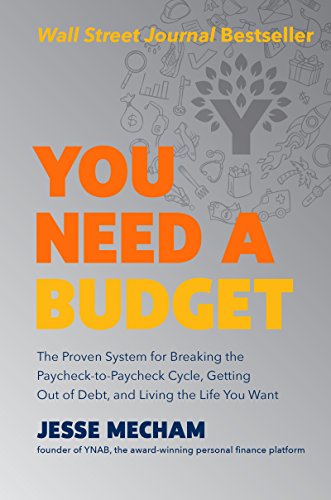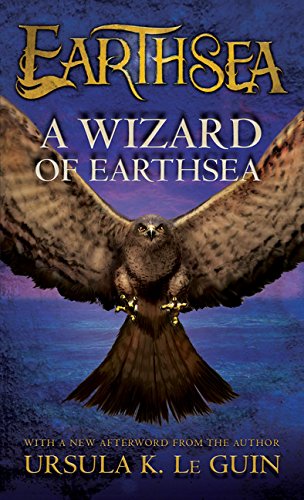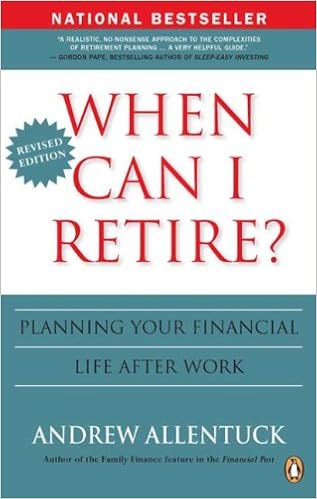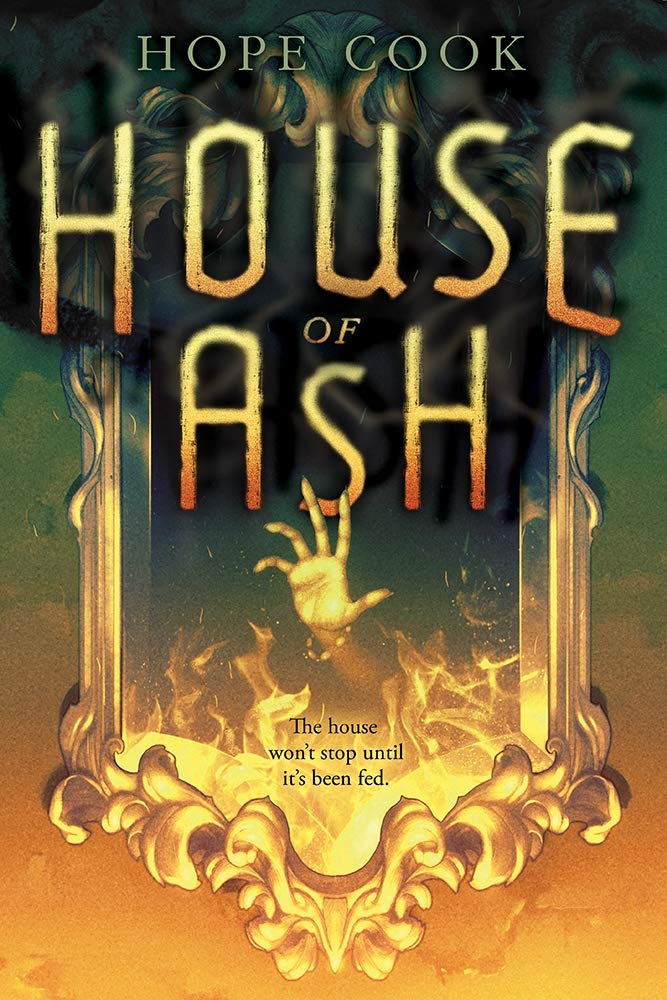Those who know me personally know that I have a lot of trouble taking breaks. Downtime for me consists largely of picking up new hobbies and obsessions. Doing nothing is a thing I aspire to be able to do one day without immediately getting bored and picking up a new something to fill the time.
This book did not help with that because it is a philosophy book. I’ve never read a philosophy book before, so I’m not sure what is standard for something like this, but there wasn’t a lot in here that was actionable. It felt very much like there was a message here about how social media is draining, and then more aspects of intersectionality were placed on top without actually integrating them into the message. There were mentions that other groups deal with something like this as well, or other groups would not be able to do this because of oppression, but the book moved on before actually talking about the how or why.
There was also just a lot of talking about what other authors said. Not as a reference, but wholesale summary of other people’s works and points. This might be standard, but it wasn’t what I expected.
Overall, it’s not really for me. I am annoyed that it wasn’t what I expected, but at least I know now that philosophy books are not my thing.









